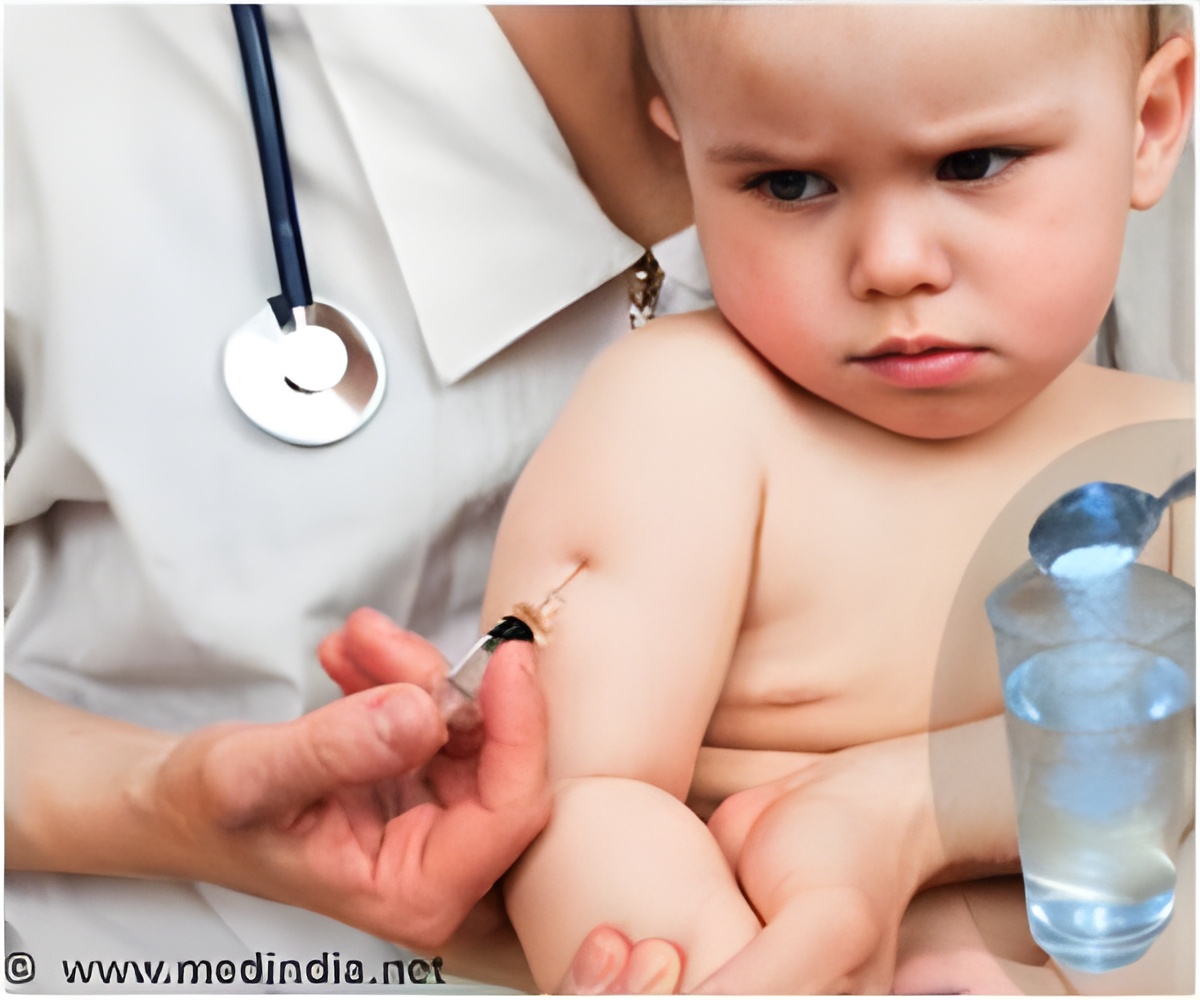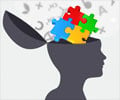
‘Children's ability to cope pain-related distress is possible with the support of their parents has a great impact on reducing pain-related distress.’
Tweet it Now
Now new research from York University’s OUCH Cohort at the Faculty of Health found that the amount of distress and pain felt by a preschooler during a vaccination is strongly related to how their parents help them cope before and during an appointment.Professor Rebecca Pillai Riddell in the Faculty of Health, York Research Chair in Pain and Mental Health and senior author of the paper, has been following the OUCH Cohort children for over a decade.
In the study, researchers used the data from 548 children who had been followed during infant and/or preschool vaccinations. Infants were included in the study if the infant had no suspected developmental delays or impairments, had no chronic illnesses, had never been admitted to a neonatal intensive care unit, and was born no more than three weeks preterm.
The research, led by graduate student Lauren Campbell, examined children who were expressing the most pain during preschool vaccinations. The goal of the study was to find out what would best predict the children who had the highest pain and did the poorest coping during the preschool vaccination by watching both the child and the parent over repeated vaccinations over childhood.
The research team evaluated various pain behaviours such as facial activity (grimacing), leg activity (crunching of legs), crying and consolability to measure the level of pain in children. They also looked at what the child and parent said that related to coping with the pain.
Advertisement
"When children were distressed prior to the needle, that made them feel more pain after the needle," says Pillai Riddell.
Advertisement
However, Pillai Riddell says it may be even more important to avoid negative or distress-promoting behaviours.
"Telling kids that ’it’s ok, it’s going to be fine’ over and over again actually makes children feel anxious. Parents only say things are ’okay’ when things are not ok. Ensuring you don’t criticize a child, such as saying: ’strong girls don’t cry’, ’big boys don’t do that’ is important. Also, don’t apologize to a child by saying things like: ’I’m sorry this is happening to you,’ is also key, says Pillai Riddell. "These are all distress-promoting behaviours and increase pain and distress."
The study, published in Pain, found that not only is a parent’s behaviour during vaccinations critical to a child’s pain coping responses, but that the behaviour may also impact their reactions in the future. Moreover, the research may better inform medical care and may predict suffering by children during vaccinations into adulthood.
"People who have negative reactions with doctors when they are young, may avoid preventative care in the future. If you didn’t like a needle when you were five, that can stick with you."
Source-Eurekalert













